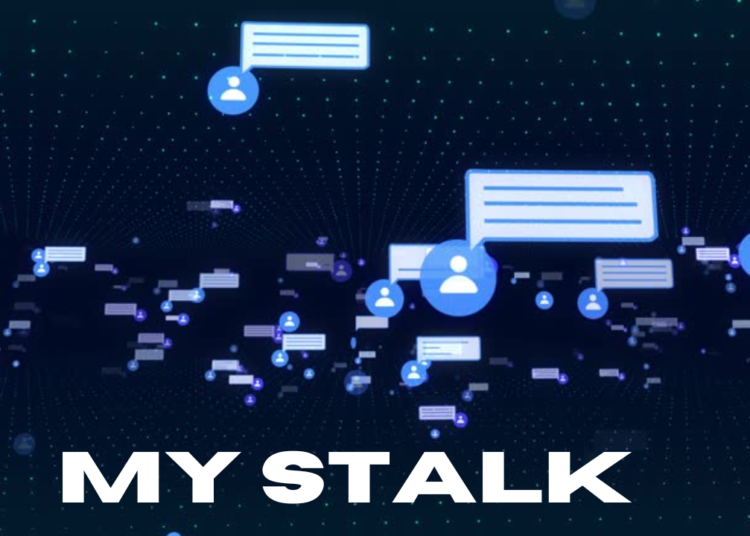The term my stalk has diverse meanings depending on its context. From personal experiences of stalking to the nurturing world of gardening, this keyword invites curiosity and exploration. This article will delve into both interpretations, offering valuable insights into their implications, significance, and actions.
When My Stalk Represents a Personal Experience
If my stalk refers to someone being stalked, it touches upon a severe and sensitive issue. Stalking is an invasive and often traumatizing behavior that can affect anyone, regardless of age, gender, or background.
What Is Stalking?
Stalking involves persistent and unwanted attention, which can manifest in various forms:
- Unsolicited Communication: Repeated phone calls, texts, emails, or social media interactions.
- Physical Following: Someone showing up uninvited at your workplace, home, or frequented locations.
- Threatening Behavior: Direct or indirect threats, including property damage or intimidation tactics.
The Impact of Stalking
The emotional toll of stalking is significant. Victims often experience anxiety, depression, sleep disturbances, and a constant sense of fear. It can disrupt daily routines, relationships, and overall well-being.
Steps to Take If You’re Being Stalked
Document Everything: Keep a detailed record of incidents, including dates, times, and descriptions of the behavior.
Strengthen Safety Measures: Secure your home, vary your routines, and inform trusted individuals of your situation.
Seek Legal Help: Contact law enforcement and provide evidence of stalking. Many jurisdictions have stringent anti-stalking laws to protect victims.
Connect with Support Networks: Victim advocacy organizations offer resources, counseling, and guidance.
Stalking is never the victim’s fault, and addressing it with seriousness and resolve is essential.

When My Stalk Refers to Gardening
In a completely different realm, my stalk can be associated with plants and gardening. Here, a stalk is the primary stem of a plant, serving as its backbone.
The Role of Stalks in Plant Health
The stalk of a plant is vital for its growth and development. It provides structural support and serves as a conduit for transporting water, nutrients, and sugars between the roots and other plant parts.
Cultivating Healthy Stalks
To ensure your plant stalks thrive, consider these eco-friendly gardening tips:
- Choose the Right Soil: Healthy soil provides essential nutrients and supports strong stalk development.
- Water Wisely: Overwatering or underwatering can weaken stalks. Understand the moisture needs of each plant species.
- Provide Adequate Support: For plants like tomatoes or sunflowers with heavy fruits or flowers, stakes or cages can prevent stalk breakage.
- Prune Regularly: Trimming excess leaves or branches can redirect energy to the central stalk, encouraging robust growth.
A Connection to Sustainability
Gardening with a focus on healthy stalks aligns with eco-friendly practices. Composting, reducing pesticide use, and planting native species contribute to a healthier planet while nurturing your garden.
The Importance of Context in Understanding “My Stalk”
The keyword my stalk underscores the importance of context in communication. In one scenario, it might highlight a harrowing personal ordeal; in another, it celebrates the art of nurturing life through gardening.
Why the Keyword Matters
The duality of my stalk reflects the richness of language and the necessity of understanding nuances. Whether discussing personal safety or horticultural care, the term encourages thoughtful engagement with the subject.

Also Read: Crossovericon.eu: A Gateway to Innovative Solutions
Final Reviews
My stalk is more than a phrase; it represents two vastly different yet equally significant aspects of life. When it refers to a personal experience of being stalked, it demands empathy, awareness, and action. When tied to gardening, it inspires a deeper connection to nature and sustainability.
By understanding the varied meanings of my stalk, we gain clarity and an appreciation for the complexities of human experience and the natural world. Both interpretations remind us of the importance of care, whether for ourselves, others, or the environment.











